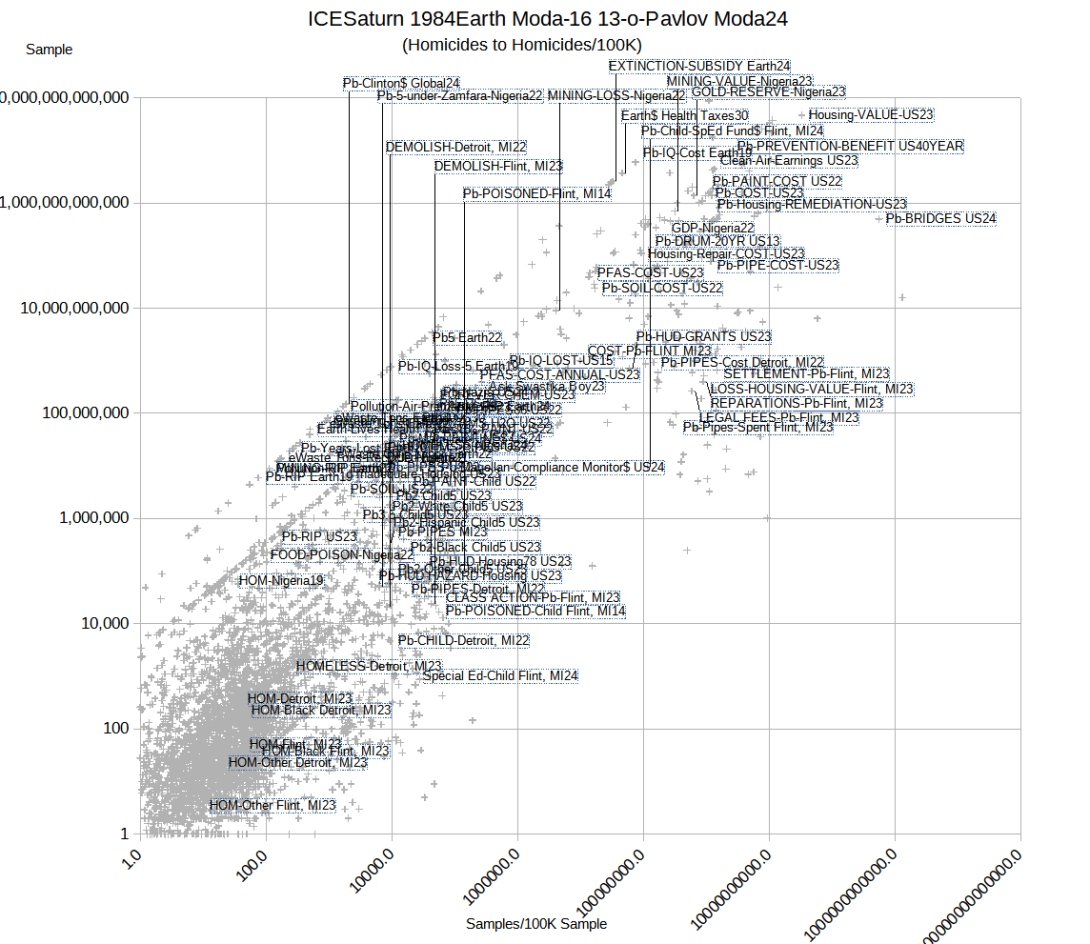
How stoic is the fight against illegal mining
By
January 1, 2025
How stoic is the fight against illegal mining
Illegal mining in Nigeria poses a formidable threat to the nation’s economic stability, environmental sustainability, and societal well-being. Despite the country’s rich endowment of mineral resources, the illegal extraction of gold, columbite, tantalite, and other minerals continues to undermine economic growth, drain government revenues, and wreak havoc on local communities. In response, the Nigeria Security and Civil Defence Corps (NSCDC) Mining Marshal has vowed to intensify efforts against this growing menace in 2025, signaling a more aggressive stance on enforcement and accountability.
Illegal mining in Nigeria robs the nation of billions of naira annually. These clandestine activities divert potential revenue from formal channels, contributing to economic losses that could otherwise be reinvested into national development. The World Bank estimates that Nigeria loses over $9 billion yearly to illegal mining and smuggling. This persistent issue weakens the country’s ability to benefit from the global demand for solid minerals, reduces foreign direct investment, and jeopardizes the formal mining industry, discouraging legitimate operators from investing in the sector.
Beyond economic sabotage, illegal mining fuels local insecurity and organized crime. Armed groups, often operating in mineral-rich regions, exploit these resources to finance violent activities, further destabilizing already fragile communities. This cycle perpetuates poverty and disenfranchisement, preventing the equitable distribution of Nigeria’s mineral wealth.
Illegal mining is also synonymous with environmental degradation. Unregulated mining often leads to deforestation, water pollution, and soil erosion, depleting agricultural land and threatening biodiversity. The use of hazardous chemicals such as mercury and cyanide contaminates local water sources, posing severe health risks to nearby communities. Additionally, the destruction of arable land exacerbates food insecurity, disrupting rural economies that rely heavily on farming.
Socially, illegal mining has been linked to the displacement of communities, child labor, and hazardous working conditions. In regions like Zamfara and Niger states, illegal gold mining has led to lead poisoning outbreaks, resulting in significant loss of life, particularly among children.
Read Also:
- How stoic is the fight against illegal mining
- Your Leadership is Key to Nigeria’s Prosperity – Tinubu tells Governors
- How Nigeria Can Tackle its Socio-Economic Problems – NIPR
Recognizing the urgent need to address illegal mining, the NSCDC Mining Marshal, under the leadership of ACC Attah John Onoja, has pledged stricter enforcement measures in 2025. This proactive approach highlights a zero-tolerance policy for unauthorized extraction and emphasizes stringent penalties for offenders as prescribed by law.
https://prnigeria.com/2025/01/01/stoic-fight-against-illegal/


Comments